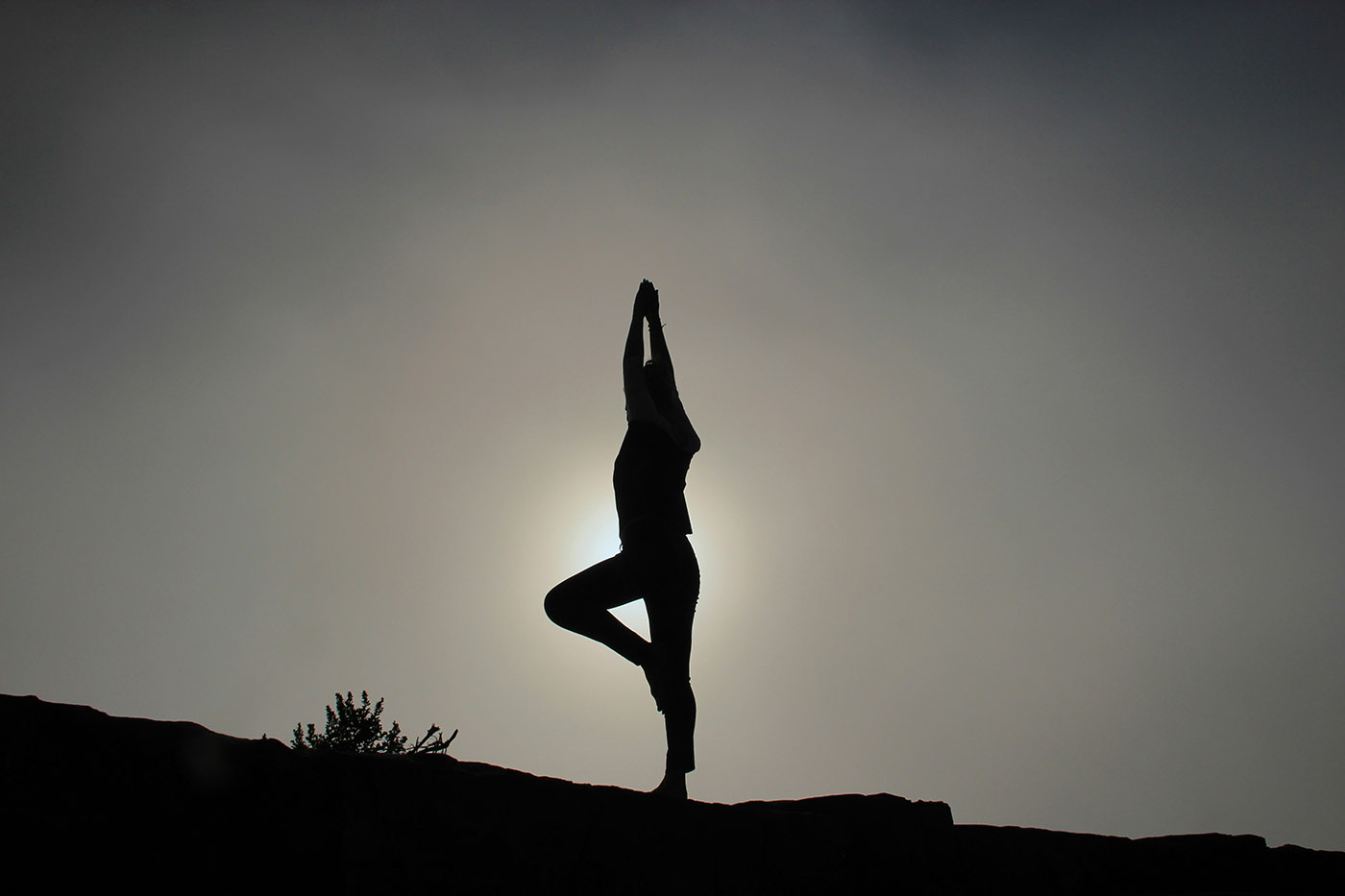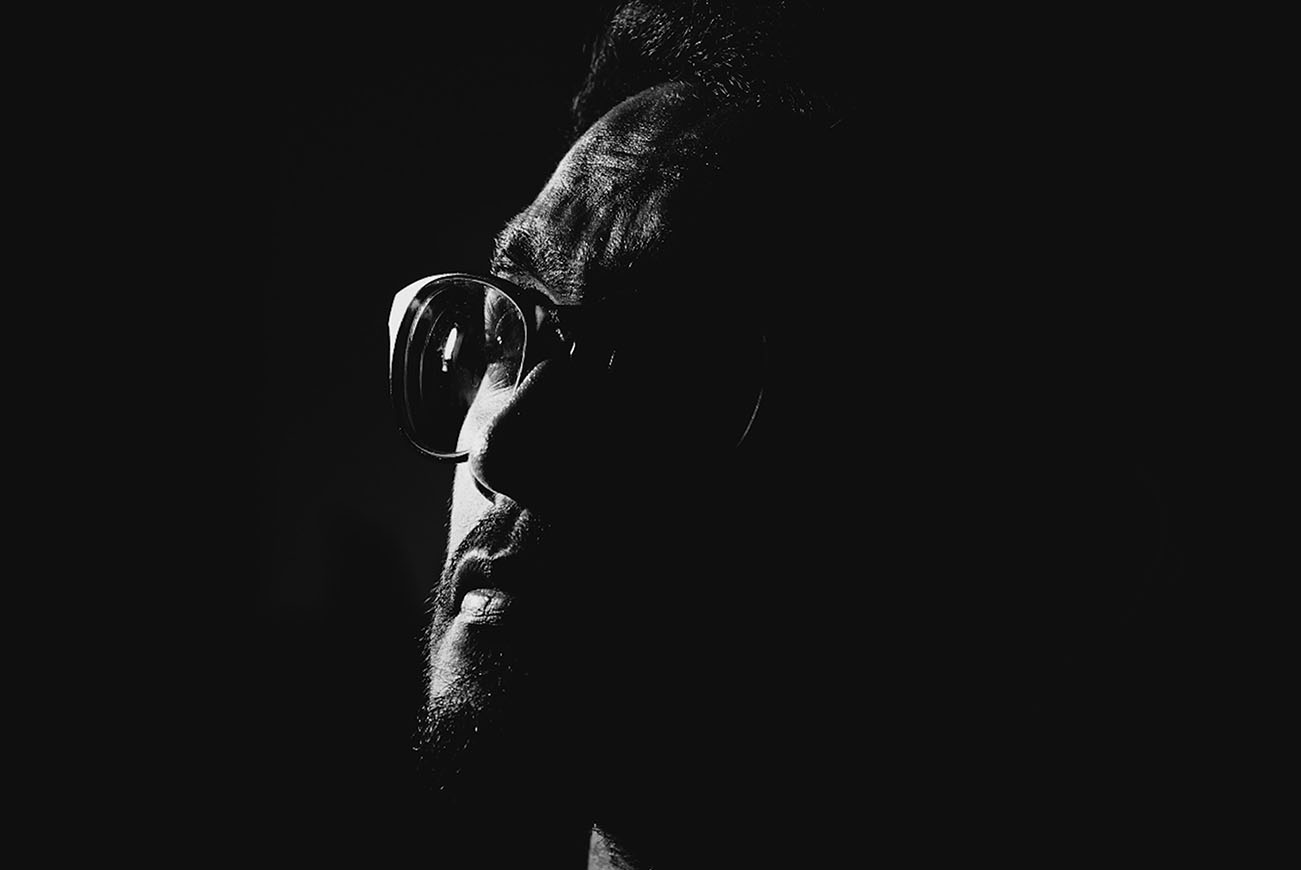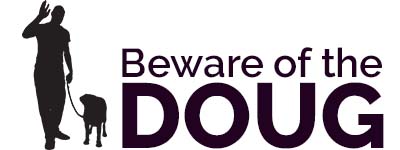
In the campy 1980 comedy, Caddyshack, disheveled groundskeeper Carl Spackler (played by a brilliant[...]

It's not often that a scientist becomes a subject for his own research; even[...]

Sensory deprivation via natural or manmade caves has now become, if not routine, certainly[...]

Using fMRI technology, scientists for the first time have revealed significant - albeit temporary[...]

Why Know Thyself Matters More Than Ever
It’s one of the world’s oldest pieces of advice, if you can call it that: know thyself. Yet despite its longevity and embrace by virtually every philosophical and spiritual heavyweight of the past 2,500 years, few of us across time and place have made it a focus in our efforts to improve our lives, reduce anxiety and stress, repair fractured relationships, overcome addictions, to name just a few.
Instead, we turn to externally-derived solutions: therapy, pharmaceuticals (different kind of addiction), swiping left or right, etc. We do this because, since childhood, we were taught that the outside world is the cause of our problems and the home to their solutions.
Socrates considered the ‘know thyself’ maxim the cornerstone to personal wisdom because without it, we are effectively flying blind when it comes to understanding what matters in life. After all, if I don’t know the real me, how am I going to recognize the right career path, identify an appropriate romantic partner, overcome unhealthy thought and emotional patterns, and more.
“The unexamined life is not worth living.” – Socrates
In her research on self-awareness, organizational psychologist Tasha Eurich found that while roughly 85% of us feel we are moderately to seriously self-aware, the true figure is more in the 10-15% range. Which means the vast majority of us would do well to focus on increasing our self-awareness.
This is particularly true in an era when social media, artificial intelligence, self-anointed influencers, bots, and a host of other bad actors are doing their best to drown us in partisan or misleading information. In Socrates’s day, the typical person might be susceptible to the occasional lone orator / snake oil salesman. Today, roughly 328 million terabytes of data are created each day and obscene amounts of its are instantly accessible via your smartphone.
The Journey to Self-Awareness
So what is self-awareness and how does one go about growing it?
In a nutshell, self-awareness is the capacity to ‘step outside’ oneself to a degree sufficient to recognize habits of thought (and the emotional responses that often come with them); talents and capabilities; goals and aspirations; and the things we most value.
Eurich and other self-awareness researchers suggest that this internal mode of self-awareness is only made complete when we complement it with similar efforts toward external self-awareness. Because others often know us better than we know ourselves, they it’s important that we become aware of what they see in us and whether or not our internal perspective jibes with their own. Anyone who has suffered a difficult breakup only to hear friends and family announce they saw it coming months or years earlier is familiar with this disconnect.
OK, so how does one build self-awareness? For starters, remind yourself it’s a journey. Much like a new diet or exercise regimen, you aren’t going to shed the weight or pack on the muscle in a matter or days. Nor are you going to arrive at some magical endpoint and declare, “I am self-aware!”
Instead, think of self-awareness as a process of self-discovery – of unearthing hidden habits, identifying blind spots and otherwise bringing into the light aspects of ‘you’ that, at best, you were fuzzy on and, at worst, had no idea about.
A few





